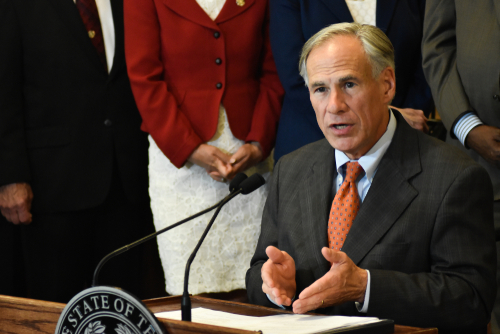
Death Row EXECUTION – Innocent Man?
Tennessee executed Oscar Franklin Smith by lethal injection for the 1989 murders of his estranged wife and her two teenage sons, despite his persistent claims of innocence and last-minute challenges to the state’s execution protocol.
At a Glance
- Oscar Franklin Smith, 74, was executed in Tennessee for the 1989 murders of his estranged wife Judith and her sons Jason and Chad
- Smith maintained his innocence until his death, criticizing the justice system in his final statement
- The execution marked Tennessee’s first since 2020 after a review of lethal injection protocols
- Evidence against Smith included witness testimony, insurance policies on victims, and a 911 call
- The victim’s family issued a statement highlighting domestic violence awareness
Triple Murder Case Ends with Execution
Oscar Franklin Smith was pronounced dead at 11:47 a.m. ET on Thursday at Riverbend Maximum Security Institution in Nashville. The 74-year-old was convicted of the brutal 1989 murders of his estranged wife, Judith Robirds Smith, and her teenage sons, Jason and Chad Burnett. The execution used pentobarbital under Tennessee’s new single-drug lethal injection protocol, marking the state’s first execution since 2020 and the 19th in the United States this year.
The murders were discovered after a 911 call from Jason Burnett, who was heard pleading for help. When police informed Smith about the deaths, investigators found his reaction suspicious. Smith was at his workplace when the murders occurred but didn’t have a solid alibi for his entire shift. Evidence included the victims’ blood on his clothing and witness testimony about his history of violence toward his wife.
Claims of Innocence Until the End
Smith maintained his innocence throughout his decades on death row and continued to do so in his final statement. “I didn’t kill her,” Smith stated, followed by, “Somebody needs to tell the governor the justice system doesn’t work. Too many of us are being killed for someone else’s deeds.” His spiritual adviser, Rev. Monica Coakley, was present during the execution. Smith’s last meal consisted of hot dogs, tater tots, and apple pie with vanillaice cream.
“The boys were brutalized, True evil exists.” – retired Metro Nashville Police Department Detective Pat Postiglione.
Smith’s attorneys made several attempts to halt the execution, including challenges to the state’s lethal injection protocol. His execution was previously delayed in 2022 due to issues with Tennessee’s execution procedures. A yearlong investigation revealed multiple protocol failures in Tennessee executions, leading to a review and update of the state’s lethal injection procedures. Smith’s attorney expressed concerns about the use of pentobarbital and the potential for a torturous death.
Evidence and Family Response
The case against Smith included substantial evidence beyond his claims of innocence. Prosecutors presented testimony that Smith had solicited someone to kill his wife, had a history of threats against her, and had taken out life insurance policies on the victims. The 911 call from Jason Burnett included the teenager identifying Smith as the attacker. Smith’s defense highlighted his mental health issues and family history of mental illness, but these arguments failed to sway courts throughout his appeals.
“We know it is an incredibly hard thing to do to leave a spouse who is abusing, but pray that this case becomes a call to action, encouraging those in danger to seek help before it’s too late.” – Terri Osborne.
Following the execution, the family of Judith Robirds Smith released a statement expressing their ongoing pain and gratitude to law enforcement. “The pain of losing Judy, Chad, and Jason is something we will continue to carry. These are memories and wounds that will never fully heal,” said Teresa Osborne, a family member. The statement also highlighted the issue of domestic violence, encouraging those in danger to seek help before it’s too late.
Execution Protocol Controversy
Tennessee’s executions were paused for five years due to COVID-19 and procedural missteps. Smith’s 2022 execution was halted hours before it was scheduled because officials discovered the lethal injection drugs had not been properly tested. The state’s new execution guidelines have faced criticism for lacking specific drug testing directions and pharmacist requirements. While Tennessee moved forward with Smith’s execution, other states like Indiana, Idaho, South Carolina, and Alabama have also resumed or altered their execution methods in recent years.
A small protest against the death penalty took place outside the prison during the execution, alongside a smaller group supporting the execution. Smith’s case highlights the ongoing national debate about capital punishment, lethal injection protocols, and the finality of execution in cases where defendants maintain their innocence until death.




